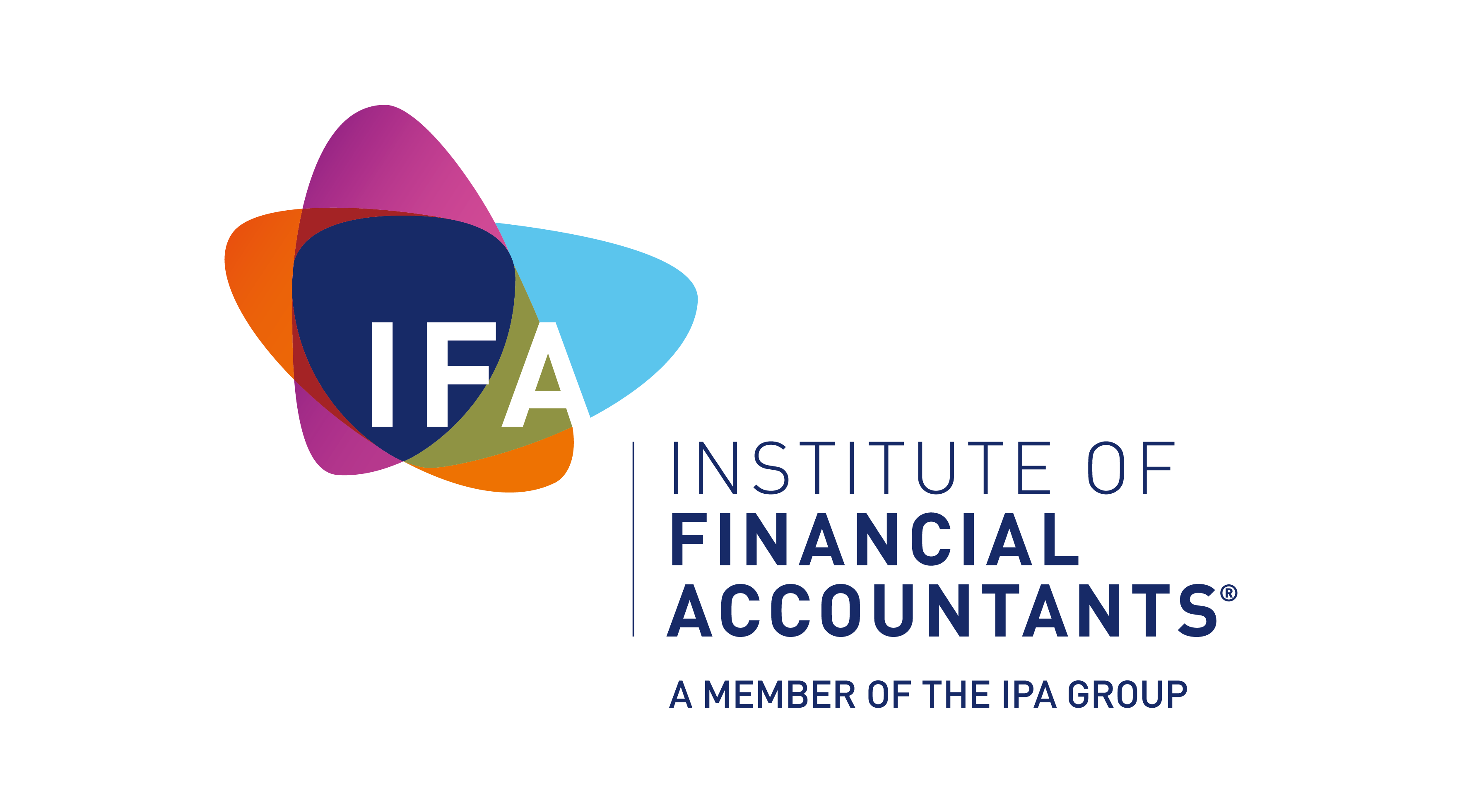Engagement and disengagement letters
Engagement letters are a key document in the relationship between a member, their practice and their client, providing a written confirmation of the work that will be carried out, obligations of the client and the practice, the fees to be charged and the overall terms of the engagement.
It forms the basis of a contractual arrangement between a practice and their client. In addition, issuing letters of engagement is a requirement of the IFA Public Practice Regulations. Engagement letters should be issued to the client at the beginning of the engagement.
Example engagement letters
We have produced a suite of engagement letters (updated May 2025) which should be considered as guidance only. It is up to individual practices to adopt engagement letters which are suitable for their specific circumstance and circumstances of their individual clients.
At the very least, the example letters will always need to be tailored, some paragraphs will need information adding, while others will need to be deleted in certain circumstances. Engagement letters should be sent out on the firm's letterhead.
The suite of letters include a letter of engagement, terms of business, services to be provided and a disengagement template. Firms should read the guidance on engagements letters first to understand how the documents complement each other.
Letters of engagement should, at minimum, cover the following:
Who you are acting for
If you are acting for more than one individual, for example, husband and wife, you might want to issue two separate engagements letters or make this clear in one engagement letter.
If you are acting for an organisation, the letter of engagement needs to make it clear who has the authority to give instructions for work to be undertaken and who is the authorised signatory.
This point also applies if you decide to issue one engagement letter for more than one individual.
Period of engagement
The letter should specific what accounting period or tax year the engagement relates to or when other services will begin.
Scope of services
The type of services and the scope of the services should be included in the letter of engagement and/or a supporting schedule, for example, accountancy services, tax services and advisory services.
Respective responsibilities
Your responsibilities and that of the client in relation to the work undertaken need to be made clear, for example, who is responsible for preparing the tax return and submitting this to HMRC.
Standards
It is important to for the client to know that you work under the Code of Ethics; you will also need to satisfy the UK legislation arising from the EU Services Directive that requires accountants and others to provide information about their professional indemnity insurers (usually name, address and territorial coverage – but make sure you check with your insurers first).
Also, you need to explain to the client your obligations under the Money Laundering Regulations 2017 (as amended) and Proceeds of Crime Act 2002.
Fees
The detailed arrangement relating to fees should be included in the engagement letter, including the basis for the fee and any other charges involved. If is also important to explain how the client will be informed of any changes in fees.
Complaints
To deal with misunderstandings or arguments, it is well advised to inform the client of your complaints process and of the right to make a complaint to the IFA if you are not able to resolve the matter.
Given that the scope of the services to your client may change or your terms and conditions may change, the IFA strongly recommends that letters of engagement are reviewed annually and letters/schedules are revised accordingly.
Covering all these areas in a letter of engagement will stand you in good stead and will help to protect your reputation, your practice reputation and the reputation of the IFA.


